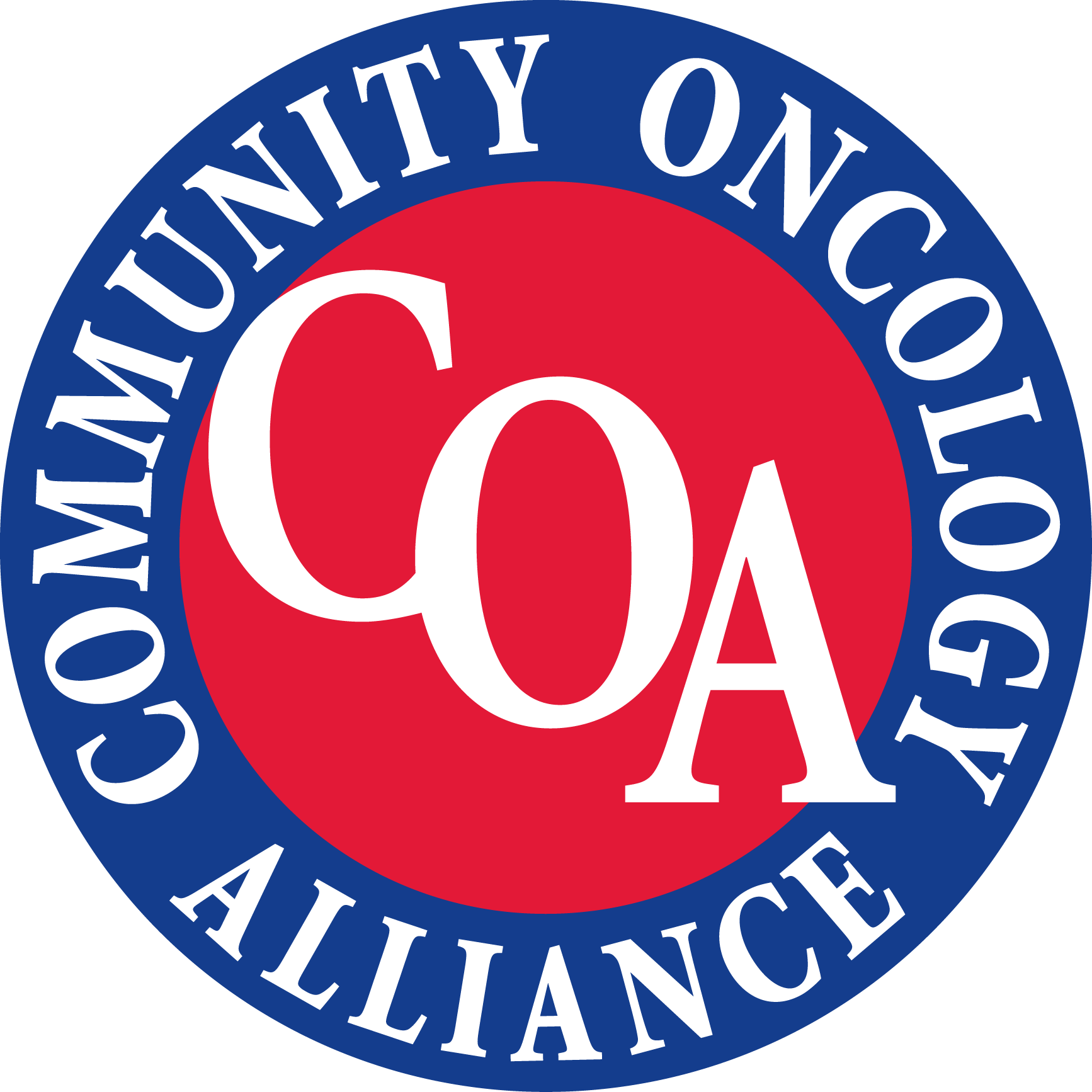
Nini Wu, MD, on the Future Implications of AI in Oncology, From Revenue to Patient Support

While artificial intelligence (AI) is transforming community oncology, Nini Wu, MD, of Navista, emphasizes that success depends on patient access and infrastructure.
Artificial intelligence (AI) is already being utilized by 40% to 50% of practices, with projections of 70% to 80% adoption in the next few years. After
AI enhances patient care by supporting the revenue cycle, improving patient-practice connections, and reducing financial toxicity. It also aids clinicians by managing vast amounts of patient data, enabling precision medicine. However, Wu emphasized that AI's success depends on patient readiness and infrastructure. Community oncology remains crucial, facing challenges like reimbursement and technology investment.
This transcript has been lightly edited; captions were auto-generated.
Transcript
How do you see AI advancing the role of value-based oncology care?
Value-based care is really about the value of the outcomes to the patient. There are other factors that people think about. For example, there are factors such as patient satisfaction, and there are factors around the reduction of overall spending. But fundamentally, it's about delivering long-term outcomes; AI can help in multiple ways. Again, coming back to the patient and their journey and experience, we want to support patients, and education is one way in which AI can help bring education that fits the patient where they are in terms of their understanding, to educate them further.
AI can also support the connections of the patients and their caregivers with the practice, whether it's sending out messages, sending out information, or through the capabilities of easing the connection to the practice. I'm sure, as an example, we all hear about how difficult it is if you're always calling to try and reach someone, but now AI can allow a faster set of connections, as well as the capability of addressing and separating out the different types of questions that are being asked. Other aspects of AI to support outcomes include considering not only the therapies, but also what patients need to be able to receive their therapies or to be able to afford them. AI has made it a little easier to find the support capabilities, thus reducing financial toxicity through programs to help patients with costs, but also helping them find some of that social support, such as transport assistance. AI surfaces that much faster, and that's addressing the patient.
When we think about how AI and clinical decision support can help the physicians and nurses in terms of care delivery, it brings us to the excitement of all the new therapies that we have, the new tests that are available, and the promise of precision medicine. That's a lot of information. AI can take those masses of information about a patient, about that specific individual—their diagnosis, the testing they've had, their family history, the specifics around their challenges from a social determinants of health viewpoint—and can help the practitioner and clinician make some decisions. AI is not making decisions, but it reduces the amount of time and clears out some of that massive information so that the doctor and nurse can focus on the specific needs of that patient. So, there are incredible possibilities there.
With the presence of AI in health care rapidly growing, what considerations need to be prioritized with that growth?
I've just talked about how AI is exciting and how it can help us, but we have to understand what AI is, and we have to educate ourselves as physicians, as clinicians, and as community practitioners. We also need to help educate our patients and their family members. AI is a tool, and it simply helps us move faster in the format of "if this, then that." The generative AI, which is exciting, takes information, and the system learns. You can keep teaching it, and then it can source and give answers that may be beyond the basics.
The challenge for patients and for us relates to what their capabilities are in understanding. We are talking about what we can do, but are patients ready to utilize the tools? Are their families able to support them in that? Can we think about their needs and not only bring in AI, but bring it in a way that fits their needs? I'll give an example that is a little aside, but when we think about how telehealth really exploded during COVID, what we realized is that we couldn't use telehealth for everybody because they didn't have the underlying infrastructure to be able to do that. They might have a phone, but they might not have a phone that is a smartphone. Maybe they lived in an area that did not have as much bandwidth. We found those challenges. Maybe their technological knowledge is not at a phase where simply sending a message helps.
I've shared on a personal basis that my parents do not utilize smartphones, so it doesn't matter how great the app is; it's not going to get utilized. So we need to think about those capabilities to reduce the disparities in care. With that said, AI can help us and free up our time so that we spend more of our time contacting or spending it with the patients so that they get their needs from a people's viewpoint, because really, that's what they're looking for. We appreciate the convenience of the AI tools, but in oncology and community oncology, it's about the people relationship.
Newsletter
Stay ahead of policy, cost, and value—subscribe to AJMC for expert insights at the intersection of clinical care and health economics.








